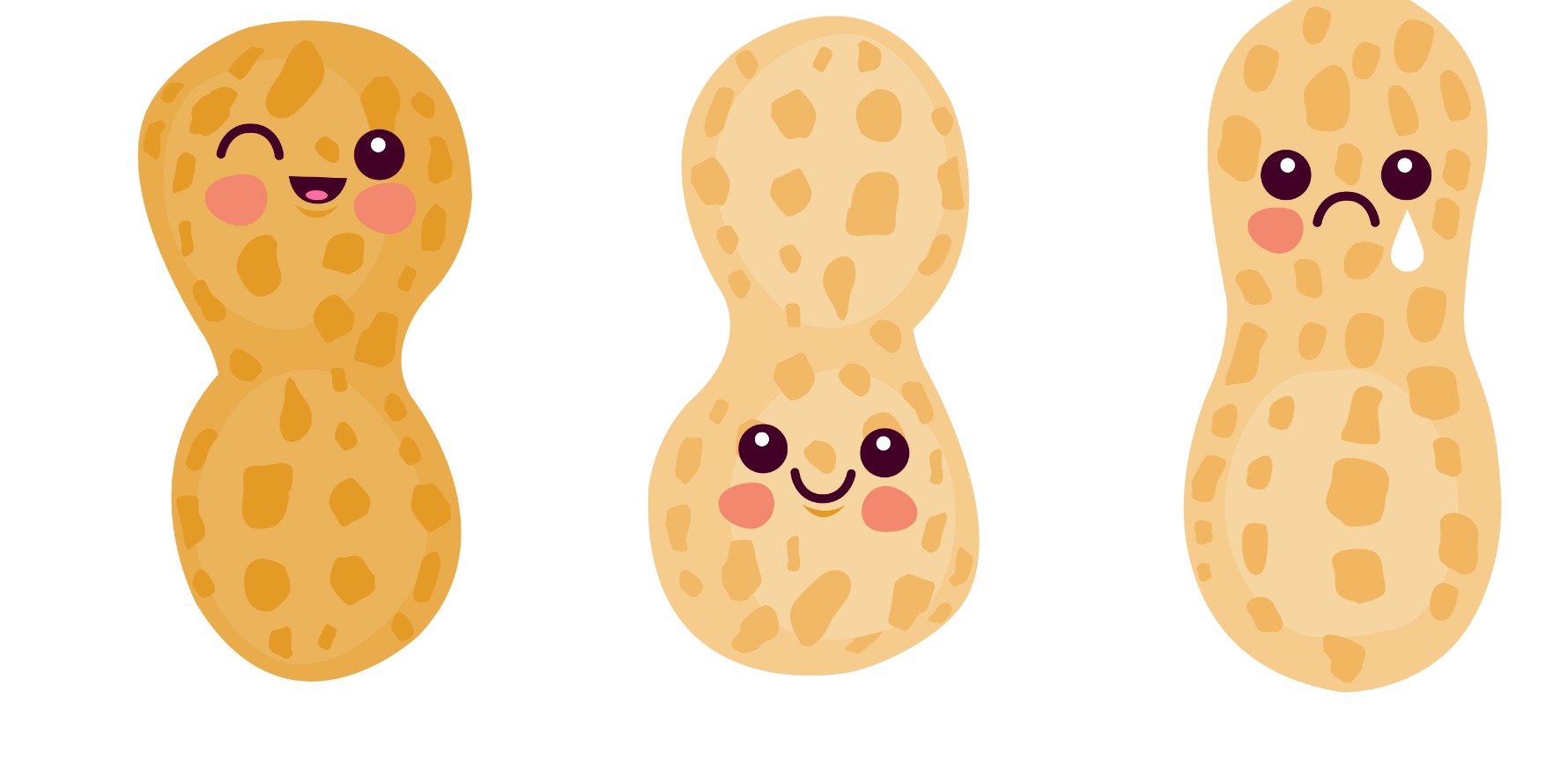Despite improving side effects, probiotics do not boost the efficacy of this immunotherapy.
Gastrointestinal side effects are at least halved in young children who take a probiotic alongside their peanut oral immunotherapy, new research shows.
The Australian study found that while the addition of the probiotic Lactobacillus rhamnosus did not boost the efficacy of the immunotherapy, there was a clear reduction in treatment withdrawal among those children.
Previous research found the combination of probiotics and oral immunotherapy reduced kids’ allergic reactions to peanuts.
Presenting the latest findings at the Australasian Society of Clinical Immunology and Allergy (ASCIA) 2021 conference, paediatric immunologist Professor Mimi Tang said their randomised controlled study of 200 children with peanut allergy found that those children taking probiotics with their immunotherapy had similar outcomes for desensitisation to the peanut protein as those on immunotherapy alone.
Professor Tang said former research into this combination indicated the rates of gastrointestinal and anaphylaxis adverse events were low, but it had yet to be tested against a control group.
The two intervention groups achieved similar outcomes for sustained unresponsiveness and desensitisation to the 5000mg of peanut protein.
Desensitisation is a temporary state of clinical non-reactivity that’s dependent on persistent exposure to the allergen, whereas children who achieve sustained unresponsiveness show no reactivity to peanuts regardless of the frequency or amount they consume.
In this study, most patients in both treatment groups reported adverse events, but the majority were mild, including abdominal pain, hypersensitivity and urticaria.
However, compared to oral immunotherapy alone, those who received the probiotic experienced fewer gastrointestinal symptoms. Children aged up to five benefited the most, with symptoms reduced by up to 50%.
The younger children on probiotics also experienced significantly fewer systemic allergic reactions and moderate to severe adverse events.
“The probiotic does appear to do what we expected it would do, actually, which is dampen down intestinal inflammation and reduce GI events,” said Professor Tang, of the Murdoch Children’s Research Institute in Melbourne.
“And this seemed to be greatest in the one-to-five-year-olds, relative to the six-to-10-year-olds, which was quite surprising. There was a really clear reduction in the number of treatment withdrawals in the [younger] group with the addition of probiotic.”
This may be due to younger children’s gastrointestinal system being more open to modulation from external factors, she said.
In the 12 months after the intervention, children with sustained unresponsiveness were also half as likely to use rescue EpiPen compared to those who achieved desensitisation, and most children with sustained unresponsiveness were eating peanut freely.
The substantial improvement in quality of life reported by those with sustained unresponsiveness was compelling, Professor Tang said.
“What this study told me is that it’s not so much about oral immunotherapy, but about the endpoint that you’re achieving with any food immunotherapy.”
The most significant change in quality of life was in the social dietary limitations category, she said.
“It looks as if that improved quality of life comes partly as a result of not having to avoid [peanuts]. We know the burden of avoidance is enormous, not just on the patient, but on the family as well – lifestyle restrictions, anxiety about mucking up. Perhaps it’s just taking that away that improves their quality of life.”
Before the introduction of oral immunotherapy to routine clinical care, Professor Tang said she wanted to see studies comparing real-world avoidance behaviours with either remission or desensitisation, so clinicians could be sure patients had a better outcome with any intervention compared to simple avoidance.
Professor Tang is interim CEO of Prota Therapeutics, a biotech company focused on combination probiotic allergen oral immunotherapy treatments.


